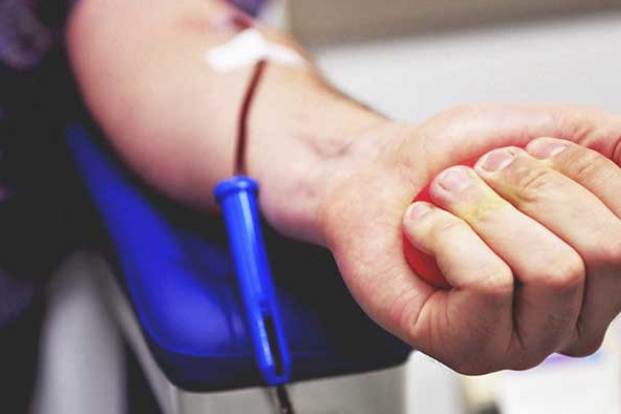Categories
- Bariatric Surgery (11)
- Black Fungus (5)
- Bone Marrow transplant (3)
- Brain Tumor Surgery Navigation Technology (20)
- Cardiac Surgery (66)
- Cardiology (97)
- Computer navigation technology for joint replacements (20)
- Covid Vaccination (17)
- Critical Care (2)
- Dental (19)
- Dermatology (31)
- Dialysis Support Group - “UTSAAH” (11)
- Dietitian (33)
- Emergency Medicine (4)
- Emotional Health (11)
- Endocrinology (33)
- ENT (20)
- Gastroenterology and GI Surgery (53)
- General and Laparoscopic Surgery (21)
- General Surgery (4)
- Gynecology & Obstetrics (183)
- Hematology (20)
- Internal Medicine (294)
- Kidney Transplant (50)
- Kidney Transplantation (20)
- Lung Cancer (8)
- Minimal Invasive Surgery (1)
- Mother & Child (20)
- mucormycosis (5)
- Nephrology (61)
- Neurology (147)
- Neurosurgery (68)
- Nutrition and Dietetics (107)
- Omicron Variant (1)
- Oncology (288)
- Ophthalmology (10)
- Orthopaedics & Joint Replacement (86)
- Paediatrics (59)
- Pediatric Nephrology (3)
- Physiotherapy (5)
- Plastic & Reconstructive Surgery (6)
- Psychiatry and Psychology (90)
- Psychologist (28)
- Pulmonology (72)
- Rheumatology (13)
- Spine Services (21)
- Transradial Angioplasty (16)
- Urology (84)
Query Form
Posted on Apr 19, 2022
Unmatched blood transfused can lead to reactions
Most blood transfusions go very smoothly. Mild problems and very rarely serious problems can occur in blood transfusion. To avoid these complications, the team of blood bank specialist’s cross-match your blood with the donors. It should be noted that O+ve is a universal donor. However, in case of patients that are suffering from a blood disorder and have gone through numerous blood transfusions, a cross-matching is essential of the subtypes of the blood group also.

Allergic Reactions associated with Blood Transfusions:
Some people have allergic reactions to the blood given during transfusions. This can create even when the blood given is the right blood type.
Allergic reactions can be mild. Symptoms of allergic are below:-
- Anxiety
- Chest and back pain
- Problem in breathing
- Fever, chills, flushing, and clammy skin
- low blood pressure
- Nausea
A doctor will stop the transfusion at the first signs of an allergic reaction.
Viruses and Infectious Diseases caused due to Blood Transfusions:
Some infectious like HIV can survive in blood and infect the person receiving the blood transfusion. The risk of catching a virus from a blood transfusion is very low.
Fever caused due to Blood Transfusions:
Fever get a sudden rise during or within a day of your blood transfusion. Few blood banks remove white blood cells from whole blood or different parts of the blood.
Iron Overload caused due to Blood Transfusions:
People who have a blood disorder like thalassemia, which requires multiple transfusions, are at risk for iron overload.
Injury of Lung due to Blood Transfusions:
Blood transfusions can damage your lungs, making it hard to breathe. This usually occurs within about 6 hours of the procedure.
Most patients recover 5% to 25% of patients who develop lung injuries die from the injuries.
Delayed Hemolytic Reaction due to Blood Transfusions:
Your body destroys red blood cells so slowly that the problem can go unnoticed until your red blood cell level is very low.



